They’re nicknamed the “Putin Generation”: Young Russian adults who have no memory of any political leader besides Vladimir Putin.

The Russian president first rose to power 18 years ago and has remained atop the Kremlin — either as president or prime minister — ever since. And many young Russians say they like it that way.
“He’s done a lot for the country. There is no one like him,” said a young woman relaxing at a beach in St. Petersburg. “He’s the coolest.”
According to a survey last year by the Levada Center — Russia’s only major independent polling firm — 86 per cent of young Russian adults (between 18 and 24 years old) approve of Vladimir Putin as president, the highest approval rating among any age group.
In other words, young Russians like Putin even more than their parents do. And unlike their parents, the “Putin Generation” does not get their news from Russia’s Kremlin-controlled TV networks.
Instead, like young adults in Canada, Russian youth get their news and information from the internet, which remains largely open and unrestricted in Russia.
“My mom watches a lot of TV, but I understand that it’s propaganda most of the time,” said Olga, a young Russian woman strolling through Gorky Park in Moscow. “We have a lot of friends in foreign countries on Facebook and we can see a lot of information from them.”
Olga’s boyfriend, Alex, said he mostly gets his news from Russian-language publications based outside of Russia.
“You see really different ideas and really different opinions about the same things. You need to make your own opinion about that,” he said.
Another young Russian named Paul told Global News he reads non-Russian news coverage online that’s critical of Russia’s foreign interventions in Ukraine and Syria, which have provoked a flurry of economic sanctions from Western countries, including Canada.

Get daily National news
“Putin is good at some things inside our country,” he said. “But his work outside the country, I don’t think it’s very good. We lose a lot of friendship with countries around Russia.”
But on the whole, young Russian adults appear willing to accept Putin’s iron fist and aggressive foreign policy, in return for what they see as economic stability.
“I understand if people compare Putin’s long rule with a dictatorship. But if you wear a T-shirt for one year and you like it, it’s not like you have to buy a new one,” quips Mariya Voropayeva, the head of Russia’s Youth Parliament. “What’s most important is stability and the real results for our country.”
“Part of Putin’s appeal to the young generation is that he’s presided over an unprecedented economic boom,” said Anton Fedyashin, an expert in Russian history at American University in Washington.
Fedyashin noted that the younger generation was born after the communist collapse and spent their childhood in the gruelling economic transition in the 1990s.
WATCH: Russians laugh off idea Putin largely supported by youth

Since Putin came to power in 2000, they’ve watched their standard of living soar; over the last two decades, Russia’s GDP per person has grown by 70 per cent, thanks in part to rising oil prices.
“Life has progressively become more comfortable, more stable, and safer on the whole in the past 18 years, throughout their lifetime,” said Fedyashin.
And Putin’s famously bizarre photo-ops — riding horseback while topless, hunting tigers or hang-gliding with endangered cranes — seem pretty cool to the YouTube generation, according to Voropayeva.
“Justin Trudeau might look younger, but Putin is very athletic,” she said. “He is not just a bureaucrat.”
Last year’s massive youth-led anti-Putin protests made headlines around the world, but polls suggest they represent a loud minority.
Back in Gorky Park, Olga and Alex candidly admit they don’t like their president — but they also haven’t joined any anti-Putin protests, which they see as a losing battle.
“I don’t believe that I can change something in my country,” Olga said.
Many Russians voted for the first time in the country’s presidential election in March, which saw Putin win his fourth and final term by a landslide, cementing his grip on power until 2024.
And his support among Russian youth suggests that, even after he’s gone, the Putin regime will endure.


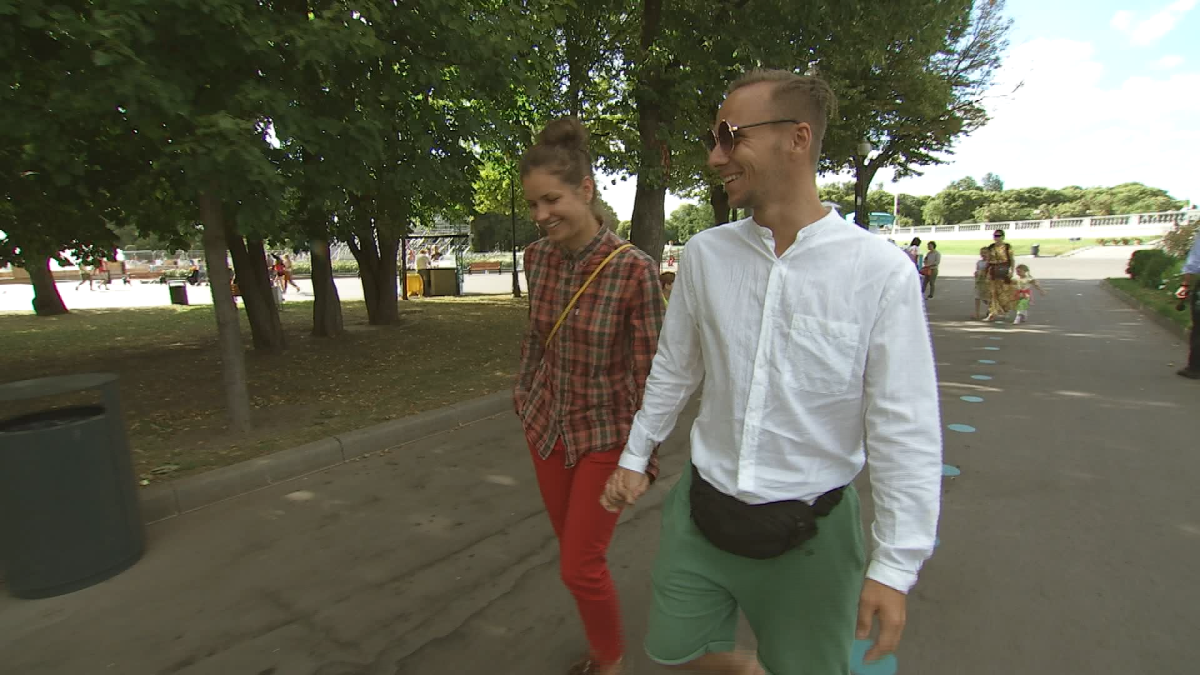
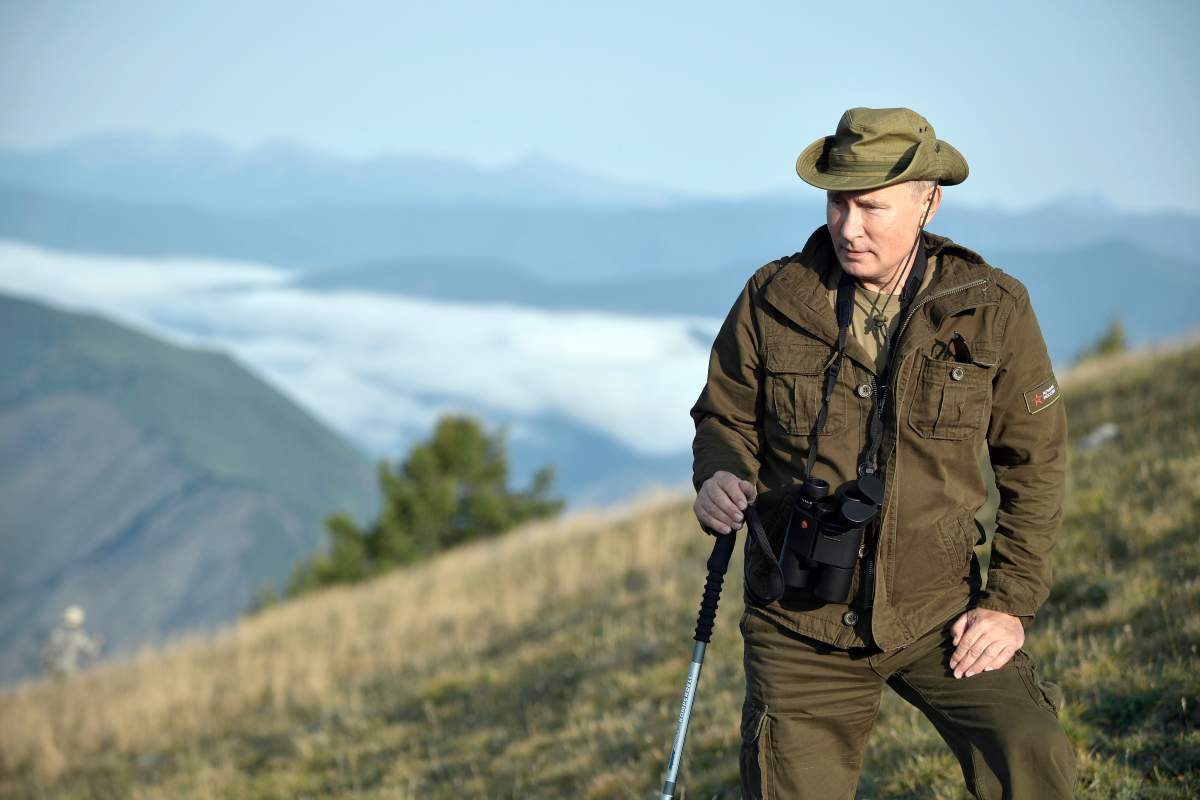



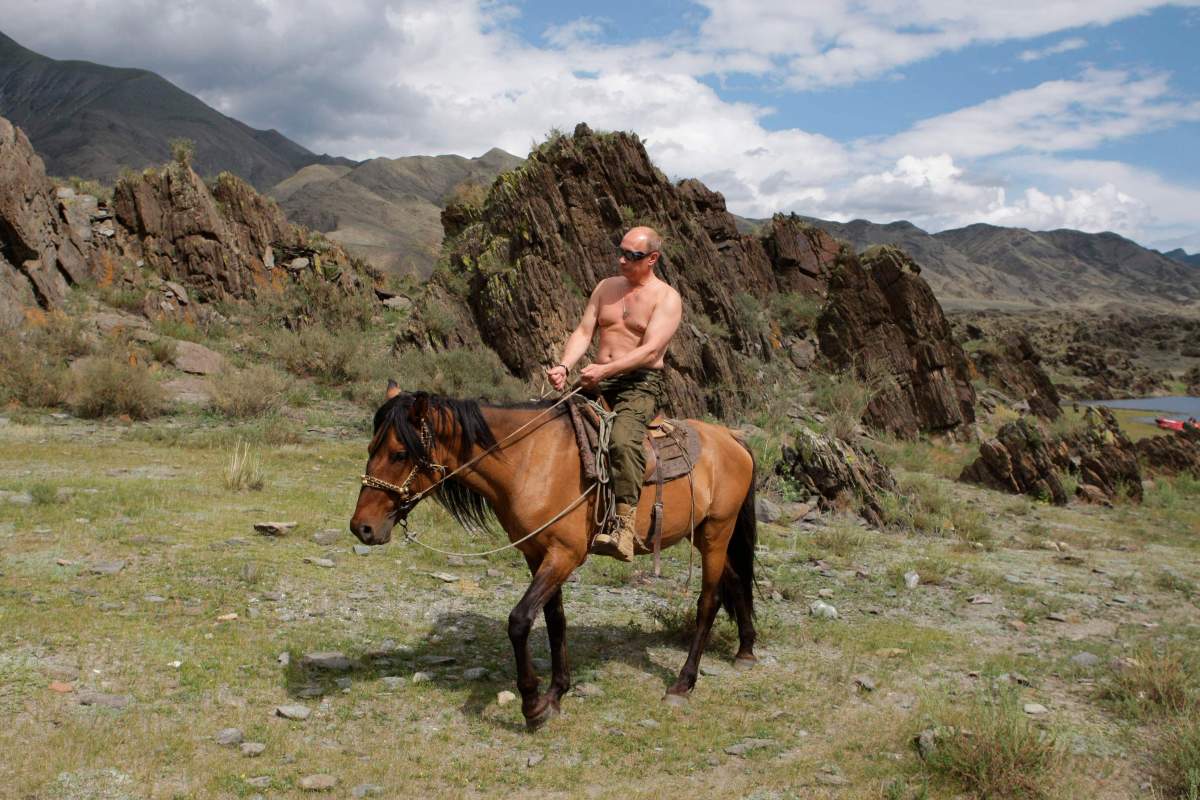
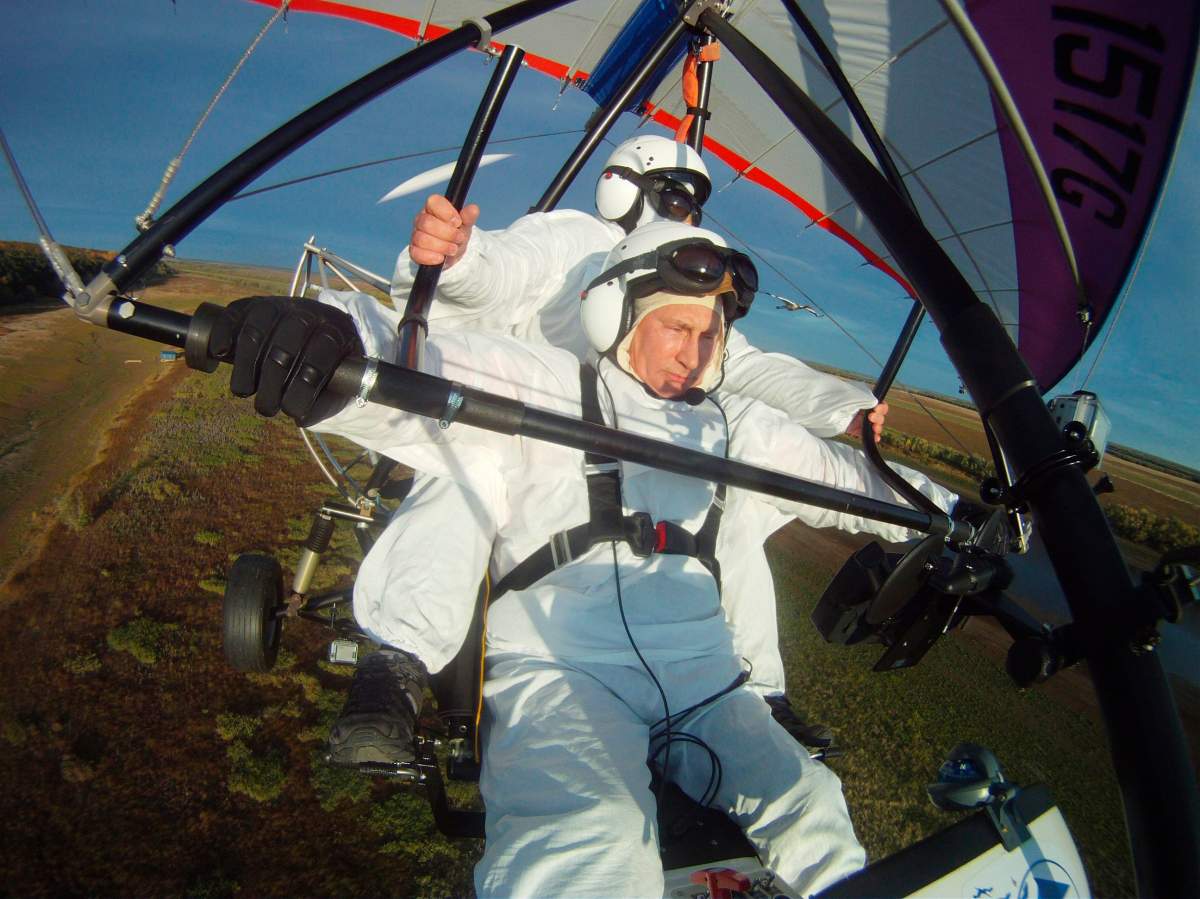
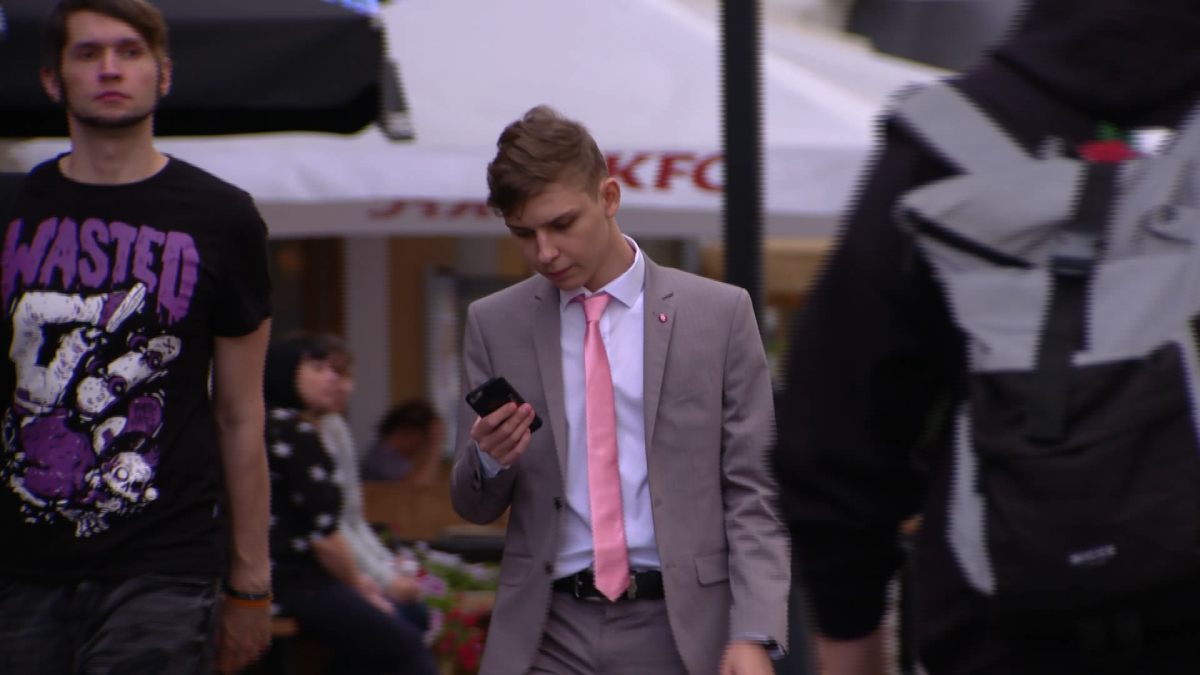
Comments